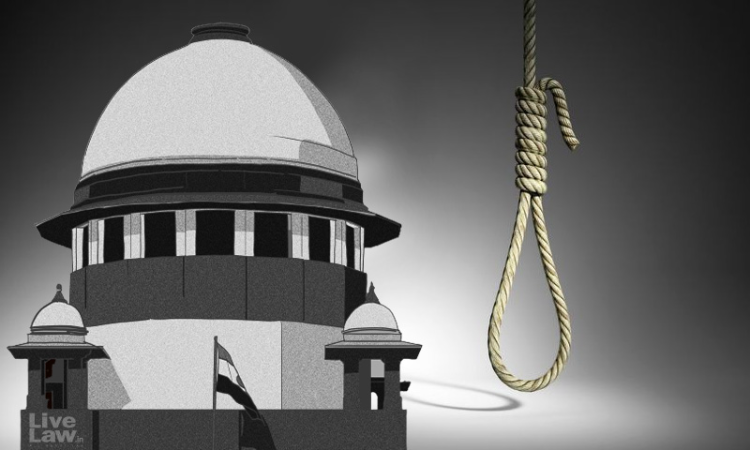It Has Never Been The Effort Of Courts To Make Death Penalty Redundant Or Non Existent : Supreme Court
LIVELAW NEWS NETWORK
24 Jun 2022 6:48 PM IST

Next Story
24 Jun 2022 6:48 PM IST
While upholding the death sentence awarded to a man for the rape and murder of a seven and a half year old girl who was mentally and physically challenged, the Supreme court observed that it has never been the effort of the Courts to somehow make the death penalty redundant and non-existent for all practical purposes."The quest for justice in such cases, with death sentence being awarded...
